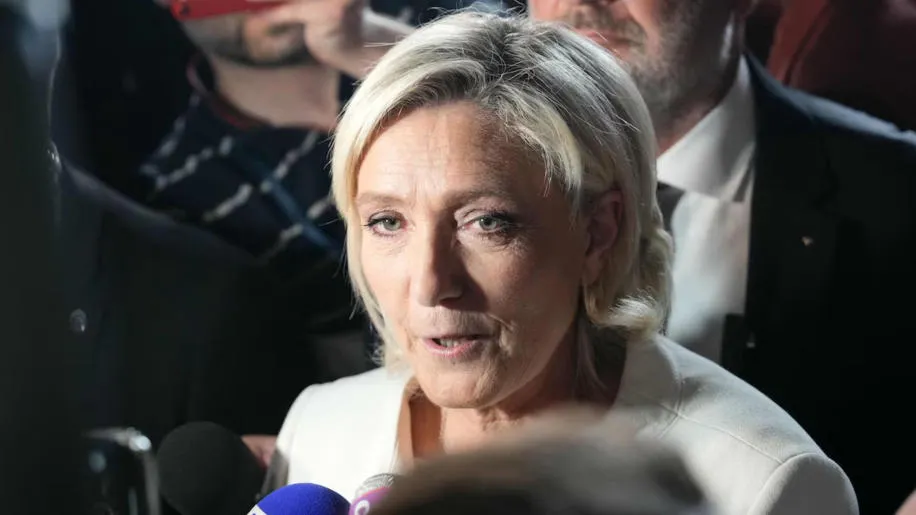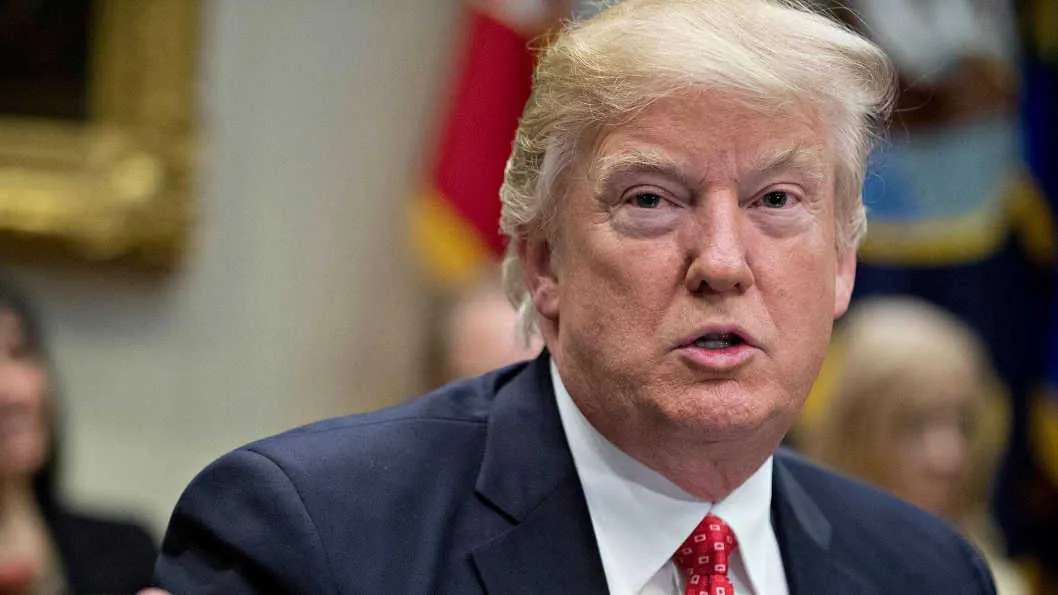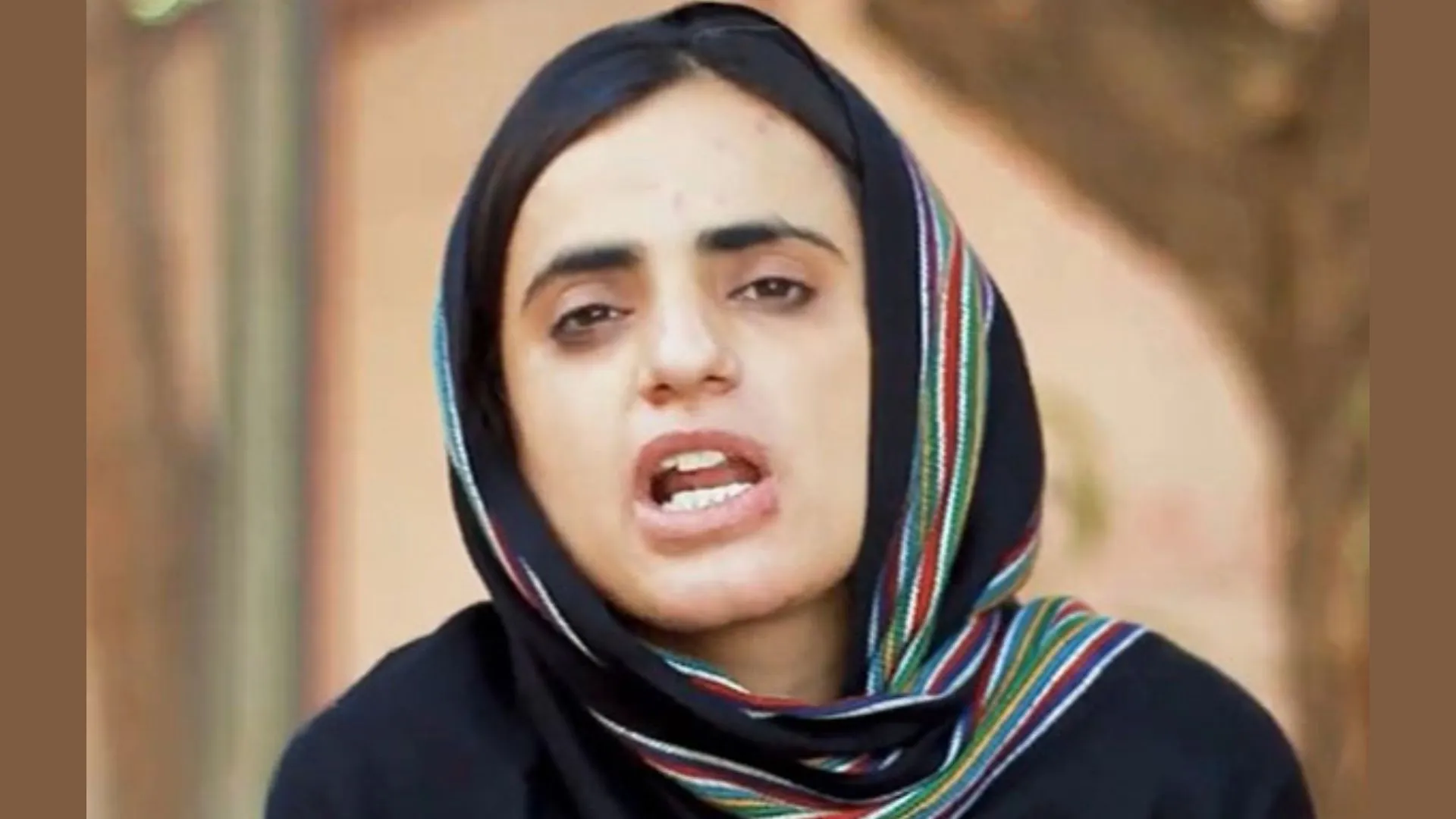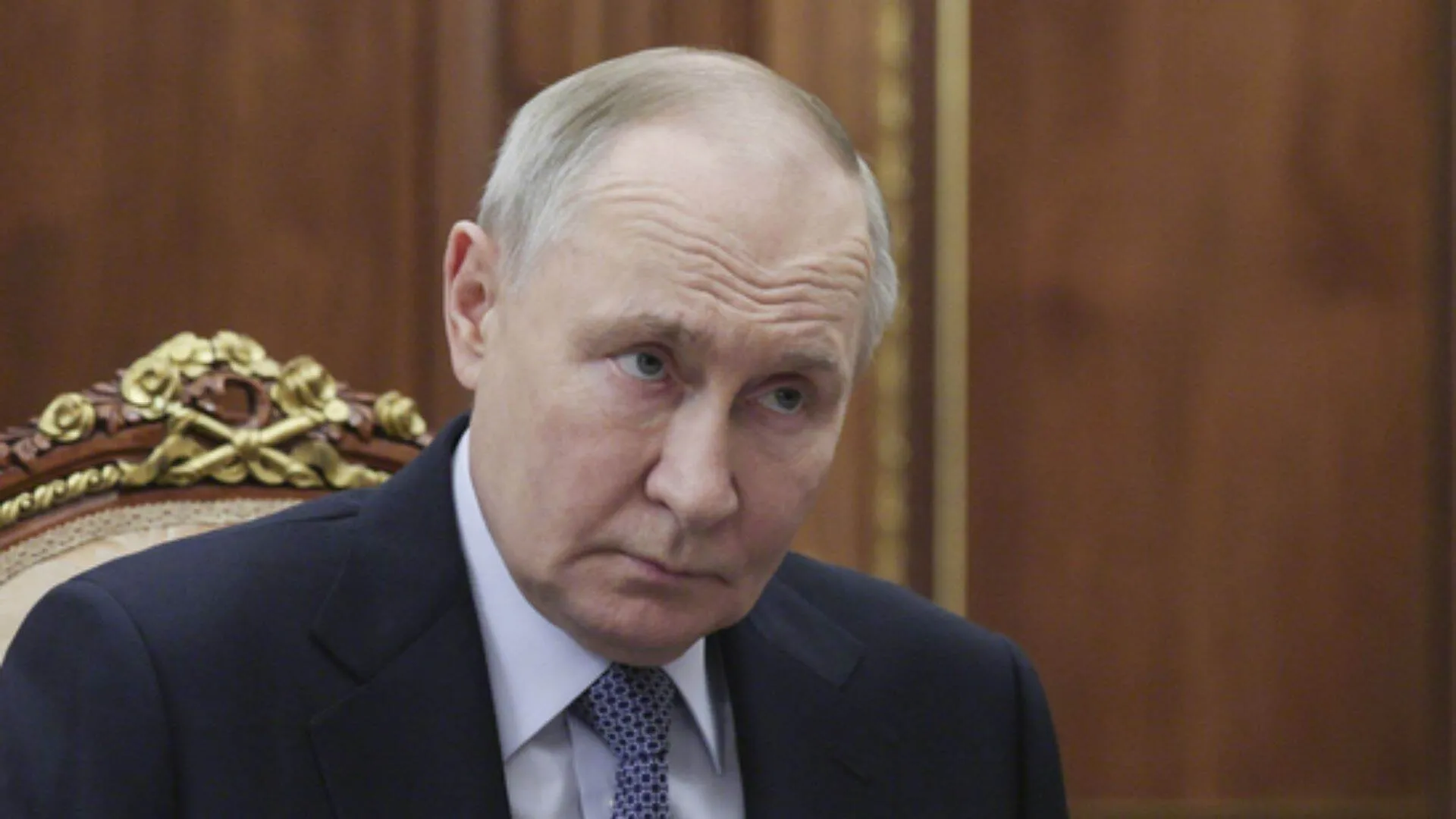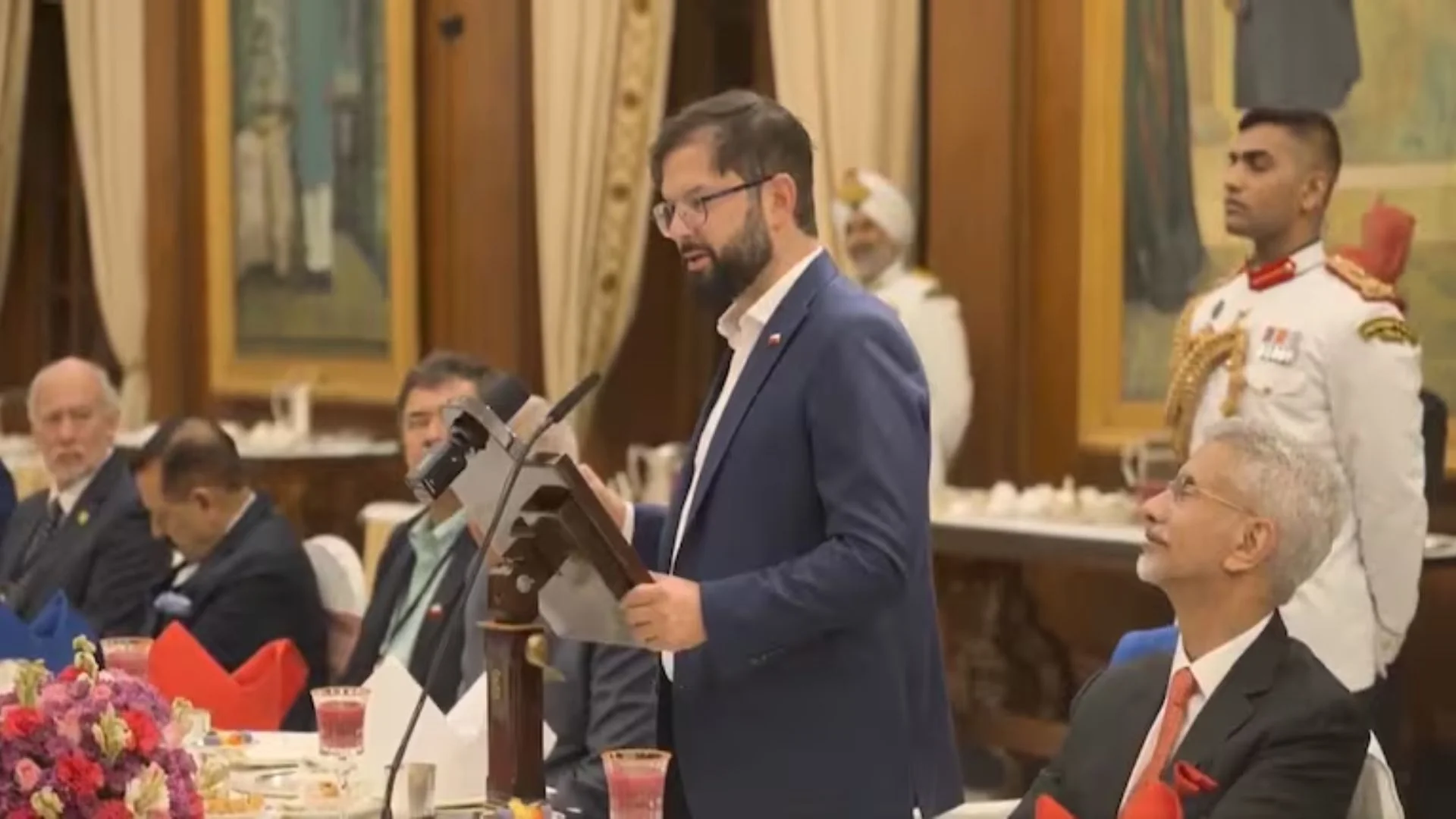US President Donald Trump has announced that the United States will extradite Tahawwur Rana to India. He made this statement after bilateral talks with Prime Minister Narendra Modi. Rana, a key accused in the 2008 Mumbai terror attack, has been in a high-security US prison for years. Meanwhile, India has persistently sought his extradition.
“We are handing over a very dangerous man to India, one who is accused of the 26/11 Mumbai terror attack,” Trump stated.
US Supreme Court Clears the Way for Extradition
Recently, on January 21, 2025, the US Supreme Court rejected Rana’s review petition. As a result, the path for his extradition became clear. Following this decision, the US State Department confirmed that it was now reviewing the next steps.
“In view of the recent Supreme Court decision, and consistent with applicable US law, the Department of State is currently evaluating next steps in this case,” the statement read.
Furthermore, the US reiterated its commitment to supporting India’s fight against terrorism. “We have long supported India’s efforts to ensure the perpetrators of the Mumbai terrorist attacks face justice,” the department added.
PM Modi Expresses Gratitude
Subsequently, Prime Minister Narendra Modi welcomed the US government’s move. He also expressed his gratitude to Trump for expediting the process.
“A perpetrator of the Mumbai terror attack is being extradited for his interrogation and trial in India. I thank President Trump for expediting the process,” Modi said.
Rana’s Role in the 26/11 Attacks
Tahawwur Hussain Rana, a Pakistani-origin businessman, played a significant role in the Mumbai terror attack, which killed 166 people. Now, with his extradition confirmed, Indian agencies will interrogate him and proceed with legal action.
Importantly, investigations reveal that Rana had prior knowledge of the attack. Additionally, he maintained communication with terrorist organizations in Pakistan. His associate, David Coleman Headley, had previously pleaded guilty and testified against him.
Moreover, authorities have linked Rana to Pakistan’s Inter-Services Intelligence (ISI).
Key Evidence Against Rana
According to a 400-page chargesheet from Mumbai Police, Rana traveled to India on November 11, 2008, and stayed until November 21. During this period, he spent two days at the Renaissance Hotel in Mumbai’s Powai area.
Meanwhile, investigators uncovered email exchanges between Rana and Headley. In one of the emails, Headley inquired about Major Iqbal’s email ID. Notably, Major Iqbal, an ISI operative, is also an accused in the 26/11 case.
Rana’s Conviction in the US
Previously, a US court in Illinois prosecuted Rana on multiple charges. Eventually, the jury found him guilty of:
- Count 11: Conspiracy to support terrorism in Denmark.
- Count 12: Providing material support to Lashkar-e-Taiba.
The 26/11 Terror Attacks
On November 26, 2008, terrorists launched deadly attacks across Mumbai. They targeted multiple locations, including the Taj Mahal Hotel. As a result, 166 people, including 20 security personnel and 26 foreigners, lost their lives. Additionally, more than 300 others sustained injuries.
Now, with Rana’s extradition finalized, India moves one step closer to ensuring justice for the victims.



